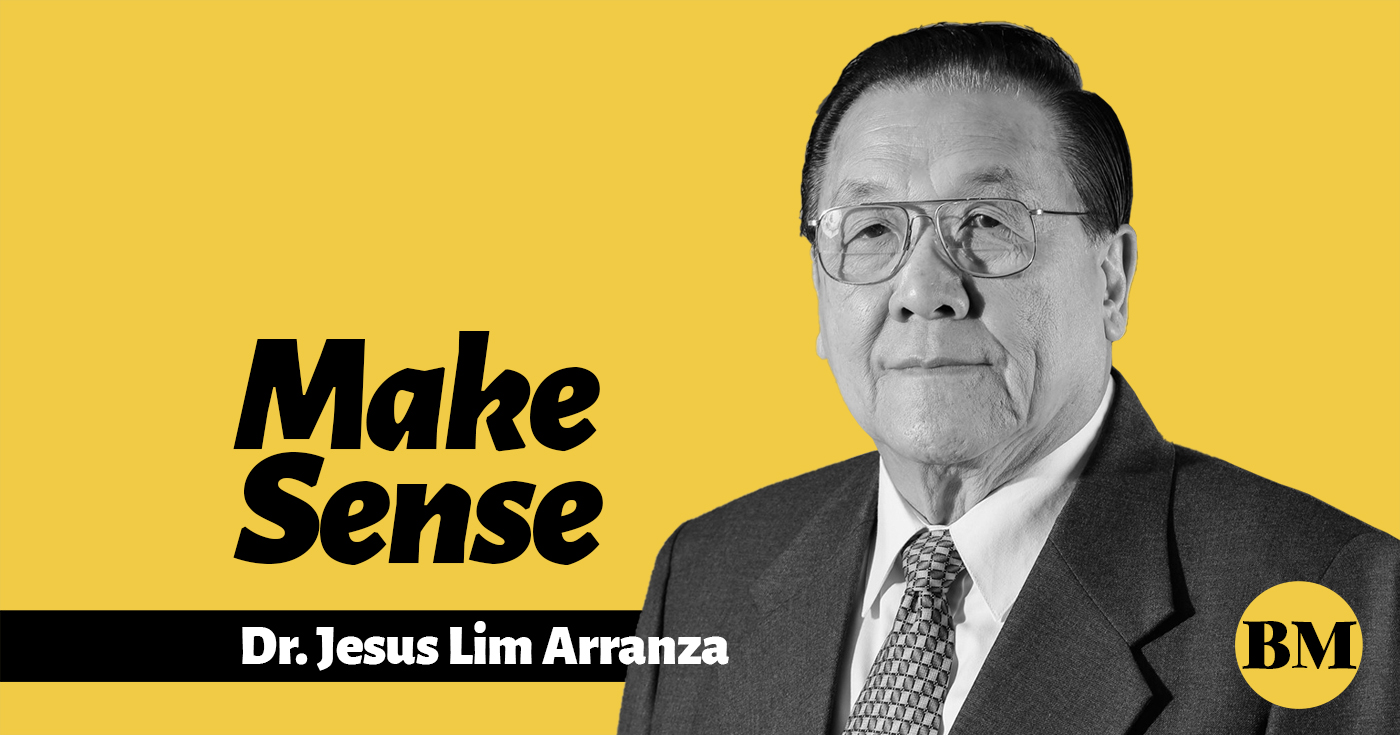
A previous article discussed how the issue involving Uber, Grab and the Land Transportation Franchising and Regulatory Board (LTFRB) would relate to four sources of market failure: 1) imperfect competition, 2) public goods, 3) externalities and 4) imperfect information. It should be recalled that government intervention becomes warranted if there is market failure, a situation where unregulated market transactions result in waste.
Admittedly, due to space constraints, the previous article had to be shortened, and some parts could probably use some further explanation. This article attempts to respond to some interesting questions posed by an inquisitive reader: “Would there be market failure if there were no market in the first place? Where should the government intervene?”
The absence of a market is precisely the kind of problem posed by public goods. As mentioned before, public goods bestow collective benefits on members of society. They are nonrival in consumption, and their benefits are nonexcludable. Being nonrival in consumption means that one person’s enjoyment of the benefits of a public good does not interfere with another person’s consumption of it. Being nonexcludable means that once the good is produced, no one can be excluded from enjoying its benefits.
For example, Juan and Pedro are both Filipino citizens who are entitled to police protection. Juan’s enjoyment of police protection does not diminish Pedro’s enjoyment of the same, so police protection is nonrival in consumption. Suppose Juan pays his taxes, while Pedro does not. Even if Pedro is a tax evader, when he calls the police to apprehend a burglar in his home, the police should respond to his call without hesitation. (The filing of tax-evasion charges against Pedro should come separately.) Of course, when Juan calls the police to ask for help, the police should be doing just the same. So, police protection is nonexcludable. Police protection is a public good. Other notable examples of public goods are street lights and free-to-air television.
As illustrated, public goods have two inherent problems that would discourage private producers from providing them. One is the free-rider problem. Because people can enjoy the benefits of public goods whether they actually pay for them, they are usually unwilling to pay. The other problem is the so-called drop-in-the-bucket problem. The good is usually so costly that its provision generally does not depend on whether any single person pays. As a result, one tends to avoid paying his contribution, which is just a drop in the bucket anyway—a convenient rationalization of one’s decision to shirk.
Clearly, in the absence of government intervention, no one would provide public goods even if these are essential to the functioning of society. (Just try to imagine what would happen if there were no street lights and no policemen to protect civilians.) There would not be any market for public goods at all—in a sense, a failure arising from just letting things be. So, the task of providing public goods falls squarely on the shoulders of the government, which needs to collect taxes from households, firms and other sources to finance such provision.
Again, as mentioned before, public transport might not be considered a public good in a very strict sense. For example, a person’s enjoyment is likely to diminish whenever he steps into a crowded train. Also, the train ride might entail some cost that opens up the possibility of excluding some commuters who cannot really afford it.
By and large, however, an efficient public-transport system can have the characteristics of a public good if it enables people who cannot afford cars to avail themselves of much cheaper and more convenient travel alternatives. For instance, in megacities like Seoul, Tokyo and New York, commuters—whether they are corporate executives or blue-collar workers—get to enjoy subway systems with extensive networks and ample supplies of well-maintained coaches that make traveling cheap yet comfortable.
As mentioned before, with the problems surrounding the Metro Rail Transit (MRT) and the Light Rail Transit (LRT), it should be obvious why many Filipino commuters would opt to take Uber and Grab, despite the expected price surges during peak hours. If there is any failure here, it is more likely to be administrative or management failure rather than market failure.
As a matter of fact, aside from providing a desirable alternative to the MRT and LRT, Uber and Grab have managed to address market failures by tempering the predatory behavior of unscrupulous taxis, reducing negative externalities from congested roads and air pollution, and providing feedback mechanisms that properly inform riders and drivers.
With tax reform and “Build, Build, Build” program in the works, commuters can look forward to having an efficient public-transport system that will significantly ease the burden of daily travel. Until then, the innovative short-term solutions offered by Uber and Grab should be welcomed.
****
Ser Percival K. Peña-Reyes is a faculty member of the Economics Department of Ateneo de Manila University.




























